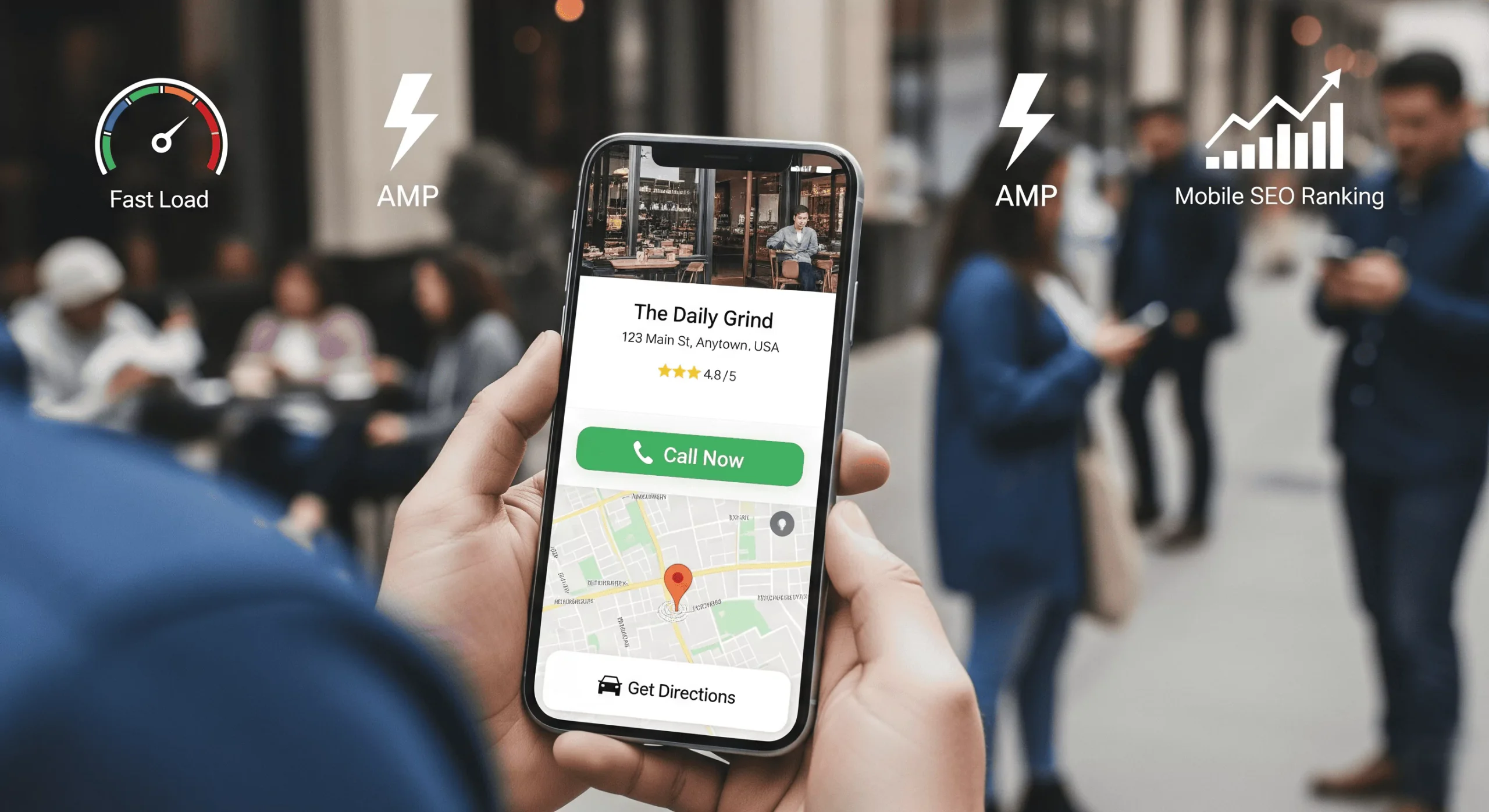Search engines have become increasingly sophisticated at understanding user intent and location. When someone searches for “best pizza restaurant” in London versus New York, they expect completely different results. This shift has made geo content optimization one of the most critical strategies for businesses looking to capture local market share and drive targeted traffic.
Geo content optimization involves creating and tailoring content to specific geographic locations, ensuring your website ranks higher for location-based searches. Whether you’re a multinational corporation or a local service provider, understanding how to optimize content for different regions can significantly impact your search visibility and customer acquisition.
This comprehensive guide will walk you through proven geo content optimization strategies, techniques, and best practices that can help your business dominate local search results and connect with customers in your target markets.
Understanding Geo Content Optimization
Geo content optimization is the practice of creating, modifying, and structuring website content to rank better in location-specific search queries. Unlike traditional SEO that focuses on broad keyword targeting, geo optimization considers the searcher’s location, local competition, and regional preferences.
Search engines use multiple signals to determine content relevance for geographic searches. These include IP addresses, GPS data from mobile devices, search history, and explicit location indicators in search queries. When you optimize content geographically, you’re essentially helping search engines understand which locations your content serves.
The foundation of effective geo content optimization lies in understanding your target markets. Different regions have varying search behaviors, cultural preferences, and competitive landscapes. A successful geo optimization strategy addresses these nuances while maintaining content quality and user experience.
Key Geo Content Optimization Strategies
Location-Specific Landing Pages
Creating dedicated landing pages for each geographic market represents one of the most powerful geo content optimization techniques. These pages should contain location-specific information, including local contact details, regional service offerings, and area-specific content that resonates with local audiences.
Effective location pages go beyond simply inserting city names into generic templates. They feature unique content that addresses local market conditions, regional competitors, and area-specific customer needs. Include local landmarks, neighborhood references, and community insights that demonstrate a genuine connection to the area.
Structure these pages with clear geographic hierarchies. Start with country-level pages, then drill down to states or provinces, cities, and finally neighborhoods or districts when appropriate. This hierarchical structure helps search engines understand your geographic coverage and improves crawling efficiency.
Regional Keyword Research
Standard keyword research tools often miss regional variations and local search patterns. Conduct separate keyword research for each target location, identifying terms that locals actually use when searching for your products or services.
Regional keyword research should uncover local terminology differences, seasonal search patterns, and competition levels that vary by location. For example, “soda” versus “pop” or “trainers” versus “sneakers” can significantly impact search volume depending on the region.
Use location-specific keyword modifiers strategically throughout your content. Include city names, state abbreviations, area codes, and regional identifiers naturally within headings, meta descriptions, and body content. Avoid keyword stuffing by focusing on user intent rather than keyword density.
Local Business Schema Markup
Implementing structured data markup helps search engines better understand your geographic relevance and business information. Local business schema provides explicit signals about your location, service areas, and contact information.
Include comprehensive schema markup on all location-specific pages. Add business name, address, phone number, operating hours, accepted payment methods, and service area information. This structured data feeds directly into local search results and knowledge panels.
Update schema markup regularly to reflect any changes in business information, seasonal hours, or service area modifications. Consistent and accurate schema data across all platforms improves search engine confidence in your business information.
Advanced Geo Content Optimization Techniques
Content Localization vs Translation
Many businesses make the mistake of simply translating content without considering cultural adaptation. True localization involves adapting content to reflect local customs, preferences, communication styles, and market conditions.
Localized content addresses region-specific pain points, references local events or regulations, and uses imagery that resonates with local audiences. This approach creates stronger connections with regional customers and improves engagement metrics that influence search rankings.
Consider hiring local content creators or working with regional partners who understand market nuances. They can provide insights into local search behaviors, cultural sensitivities, and competitive landscapes that external teams might miss.
Geographic Content Clustering
Organize your content around geographic themes and create topic clusters that demonstrate expertise in specific regions. Link related location pages together and create pillar content that covers broader regional topics.
Geographic clustering helps establish topical authority for specific locations while providing comprehensive coverage of regional markets. This strategy works particularly well for service-based businesses operating across multiple locations.
Build internal linking structures that connect related geographic content. Link from city pages to state pages, connect neighboring location pages, and create clear navigation paths that help users and search engines understand your geographic coverage.
Mobile Optimization for Local Search

Mobile devices generate the majority of local searches, making mobile optimization crucial for geo content success. Ensure location-specific pages load quickly, display properly on mobile devices, and provide easy access to contact information.
Implement click-to-call buttons, embedded maps, and location-based calls-to-action that make it simple for mobile users to contact or visit your business. Mobile users often have immediate intent, so remove friction from the conversion process.
Consider implementing accelerated mobile pages (AMP) for location-specific content, especially if your target markets have slower internet connections or older mobile devices. Page speed significantly impacts mobile search rankings and user experience.
Best Practices for Geo Content Optimization
Avoiding Duplicate Content Issues
One of the biggest challenges in geo content optimization is creating unique content for multiple locations without triggering duplicate content penalties. Develop content templates that maintain consistency while allowing for meaningful customization.
Create substantial, unique content for each location rather than making minor modifications to existing pages. Focus on location-specific information, local market conditions, regional case studies, and area-specific service offerings.
Use canonical tags appropriately when you have similar content across multiple locations. However, avoid relying too heavily on canonicalization as a solution for thin or duplicate content.
Managing Multiple Locations Effectively
Businesses with numerous locations face unique challenges in maintaining content quality across all geographic markets. Develop scalable systems for content creation, updating, and quality control that don’t compromise individual location optimization.
Create content governance frameworks that ensure consistency in brand messaging while allowing for local customization. Establish approval processes, content guidelines, and performance monitoring systems that scale with your geographic expansion.
Consider using content management systems with built-in geo-targeting capabilities or location-based content organization features. These tools can streamline content creation and management across multiple geographic markets.
Monitoring and Measuring Success
Track location-specific metrics to understand the effectiveness of your geo content optimization efforts. Monitor local search rankings, organic traffic by geographic segment, and conversion rates for different locations.
Use tools that provide location-specific search data and competitor analysis. Set up separate analytics properties or segments for major geographic markets to better understand regional performance differences.
Regular performance audits should include local search visibility, citation consistency, review management, and competitive positioning in each target market.
Common Mistakes to Avoid
Over-Optimization and Keyword Stuffing
Aggressive use of location-based keywords can harm rather than help your search rankings. Focus on creating valuable content that naturally incorporates geographic terms rather than forcing keyword density.
Search engines have become sophisticated at detecting artificial keyword insertion and thin content created solely for SEO purposes. Prioritize user experience and genuine value creation over keyword density targets.
Neglecting User Experience
Technical optimization means nothing if users can’t find what they need or have poor experiences on your location-specific pages. Ensure easy navigation between locations, clear contact information, and relevant local content.
Test user journeys from different geographic locations to identify potential issues with content delivery, page loading, or functionality that might vary by region.
Inconsistent Business Information
Maintaining consistent business information across all platforms and locations is crucial for geo content optimization success. Inconsistencies in names, addresses, or phone numbers can confuse search engines and hurt local search rankings.
Implement systems for managing business information updates across all digital properties, including your website, social media profiles, directory listings, and third-party platforms.
Maximize Your Local Search Potential
Geo content optimization represents a significant opportunity for businesses willing to invest in location-specific content strategies. Success requires understanding local markets, creating valuable regional content, and implementing technical optimizations that help search engines understand your geographic relevance.
The strategies and techniques outlined in this guide provide a foundation for building effective geo content optimization campaigns. However, implementation complexity increases with the number of target locations and market diversity.
Ready to dominate local search results and capture more customers in your target markets? SanMo UK specializes in comprehensive geo content optimization strategies that drive measurable results. Our team understands the nuances of local SEO and can help you develop location-specific content that converts visitors into customers.







